Publications
Articles, publications, books, tools and multimedia features from the U.S. Institute of Peace provide the latest news, analysis, research findings, practitioner guides and reports, all related to the conflict zones and issues that are at the center of the Institute’s work to prevent and reduce violent conflict.

Plan for Gaza’s Future Highlights the Challenges That Lie Ahead
The document that Israeli Prime Minister Benjamin Netanyahu presented to his security cabinet for discussion on February 22 may be his first formal articulation of a postwar plan for Gaza, but is largely a compilation of views that have been expressed publicly over the past few months. Accordingly, it offers few surprises, but could deepen tensions between Israel on one side and the United States and regional stakeholders on the other.

The Challenges Facing Afghans with Disabilities
In Afghanistan, obtaining accurate data on the number of persons with disabilities — including gender-disaggregated information — has always been a challenging endeavor. But based on the data we do have, it’s clear that more than four decades of violent conflict have left a considerable portion of the Afghan population grappling with various forms of disabilities, both war-related and otherwise. And the pervasive lack of protective mechanisms, social awareness and empathy surrounding disability continue to pose formidable challenges for individuals with disabilities, with women being disproportionately affected.
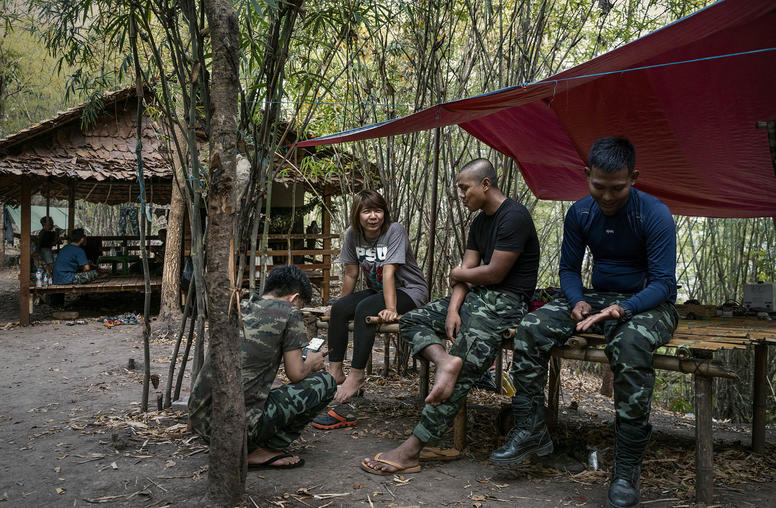
Myanmar: New Data Show Wide Support for Unity Government
The three-month offensive by Myanmar’s alliance of disparate ethnic armed groups has weakened the military regime more than at any time since it seized power three years ago. This highlights a question for international policymakers: Could the anti-coup forces stabilize Myanmar? New public opinion data bolsters evidence that the National Unity Government (NUG) — which combines representatives elected in the 2020 election and ethnic minority leaders — has a solid basis to lead such an effort, holding strong popular support across Myanmar’s numerous ethnic groups. Such stabilization will depend on the NUG’s ability to deepen its inclusivity and responsiveness and broaden its political coalition.

Donald Jensen on the War in Ukraine’s Second Anniversary
Two years on, Russia’s full-scale invasion of Ukraine has turned into a grinding and costly territorial battle. And with so many major strategic questions left unanswered, “predicting [the conflict] going one way or the other is extremely difficult,” says USIP’s Donald Jensen. “A lot depends on what happens outside the battlefield.”
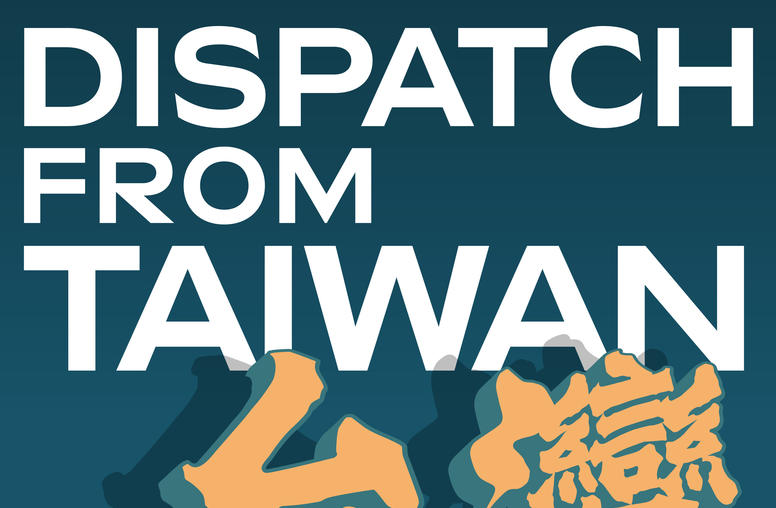
People’s Relations: Moving Between Taiwan and China
From 1945 to 1949, an estimated million-plus people from China arrived in Taiwan. The newcomers joined an existing population of 6 million, significantly changing the demographic makeup of modern Taiwan. In this episode, we look at the stories of some of those who arrived, and how perspectives of China differ among generations and those who travel back and forth.
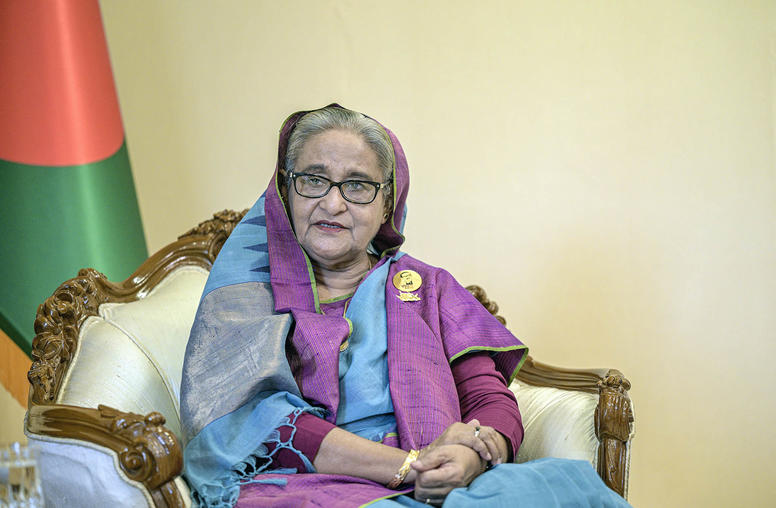
A Perilous Moment for Bangladesh’s Democracy
Bangladesh’s parliamentary elections in January cemented the country’s transition to a “dominant-party” political system. Aided by an opposition boycott on Election Day, the Awami League (AL) extended its 15 years in power with another five-year term, which will soon make Bangladesh’s prime minister, Sheikh Hasina, the world’s longest continuously serving female head of government in contemporary history. But political dominance comes with risk. Around the world, dominant-party systems often develop common maladies that harm the country’s governance. Ensuring competition across politics, government and the economy can forestall these problems.
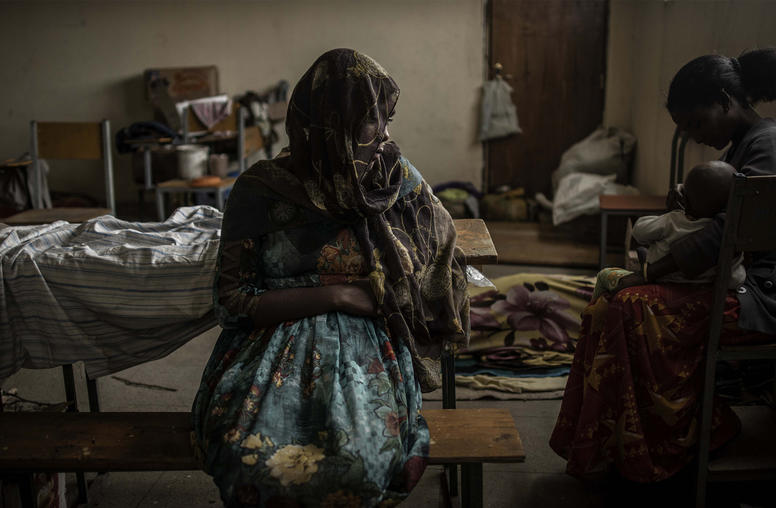
We Have Strategies to Address Gender-Based Violence — It’s Time to Implement Them
Gender-based violence against women and girls is the most pervasive breach of human rights worldwide and a tactical weapon that is fueling violent conflict. In just the last year, we have witnessed an increase in targeted attacks on women leaders, push back against women’s rights, shrinking of civil society space, virulent online harassment, and conflict-related sexual violence all in conjunction with the strengthening of authoritarianism and state aggression. This unparalleled trend is evident in many countries, including Afghanistan, Ethiopia, Iran, Myanmar and Russian-occupied Ukraine.
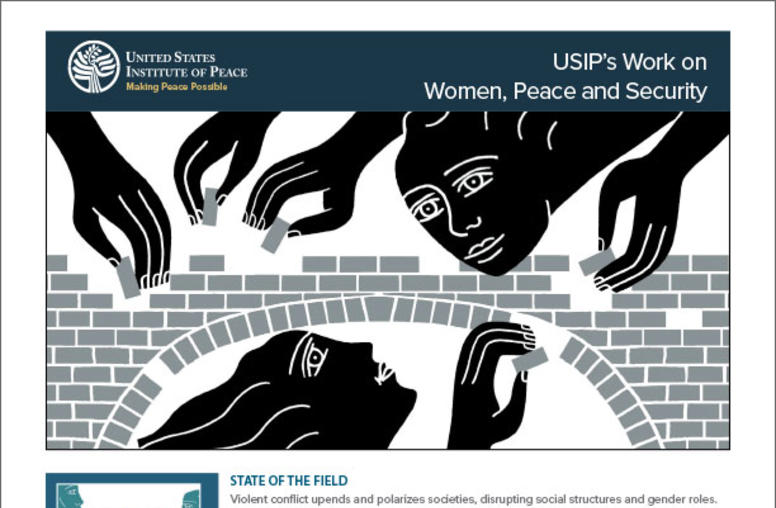
USIP’s Work on Women, Peace and Security
Violent conflict upends and polarizes societies, disrupting social structures and gender roles. Policies and projects intended to assist communities that are fragile or affected by violence are more successful when they consider the different effects conflict has on men, women, boys, girls and gender and sexual minorities.
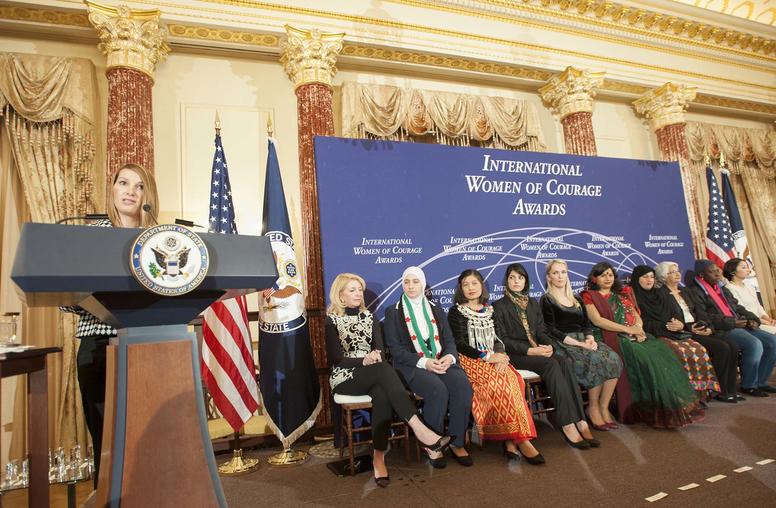
How to Advance a Feminist U.S. Foreign Policy
With the Biden-Harris administration halfway through its pivotal first 100 days, America’s foreign policy is under review. A key consideration should be the role of gender, as the United States is uniquely placed to become a global “gender superpower” by employing a feminist foreign policy. But what does that mean practically? And how can the government address challenges like Yemen’s humanitarian crisis, the Afghan peace process, or broader national security goals by taking into account the perspectives of women and gender minorities? Can the United States use its progress in areas such as the Women, Peace, and Security (WPS) Agenda to emerge as a gender superpower?
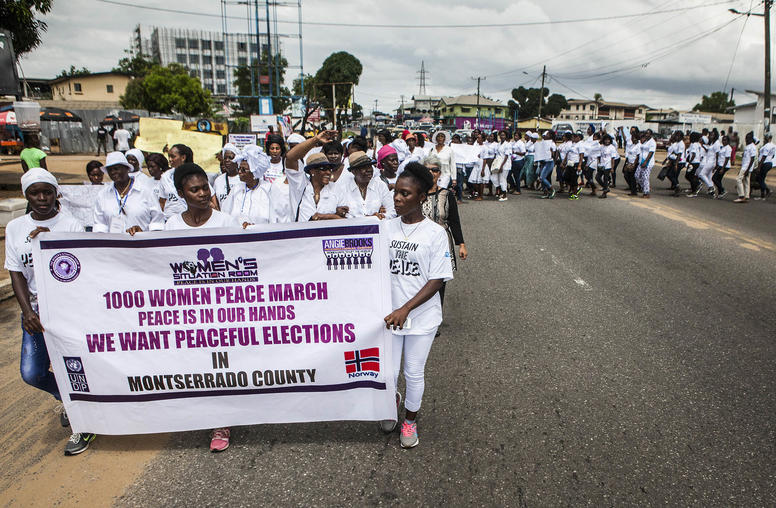
Twenty Years After Resolution 1325: Women Remain Undervalued in Peacebuilding
The COVID-19 pandemic, which has resulted in lockdowns that have led to a global surge in incidents of gender-based violence, has underscored the need for a much broader understanding of what defines security, according to Jacqueline O’Neill, Canada’s first ambassador for Women, Peace and Security (WPS).